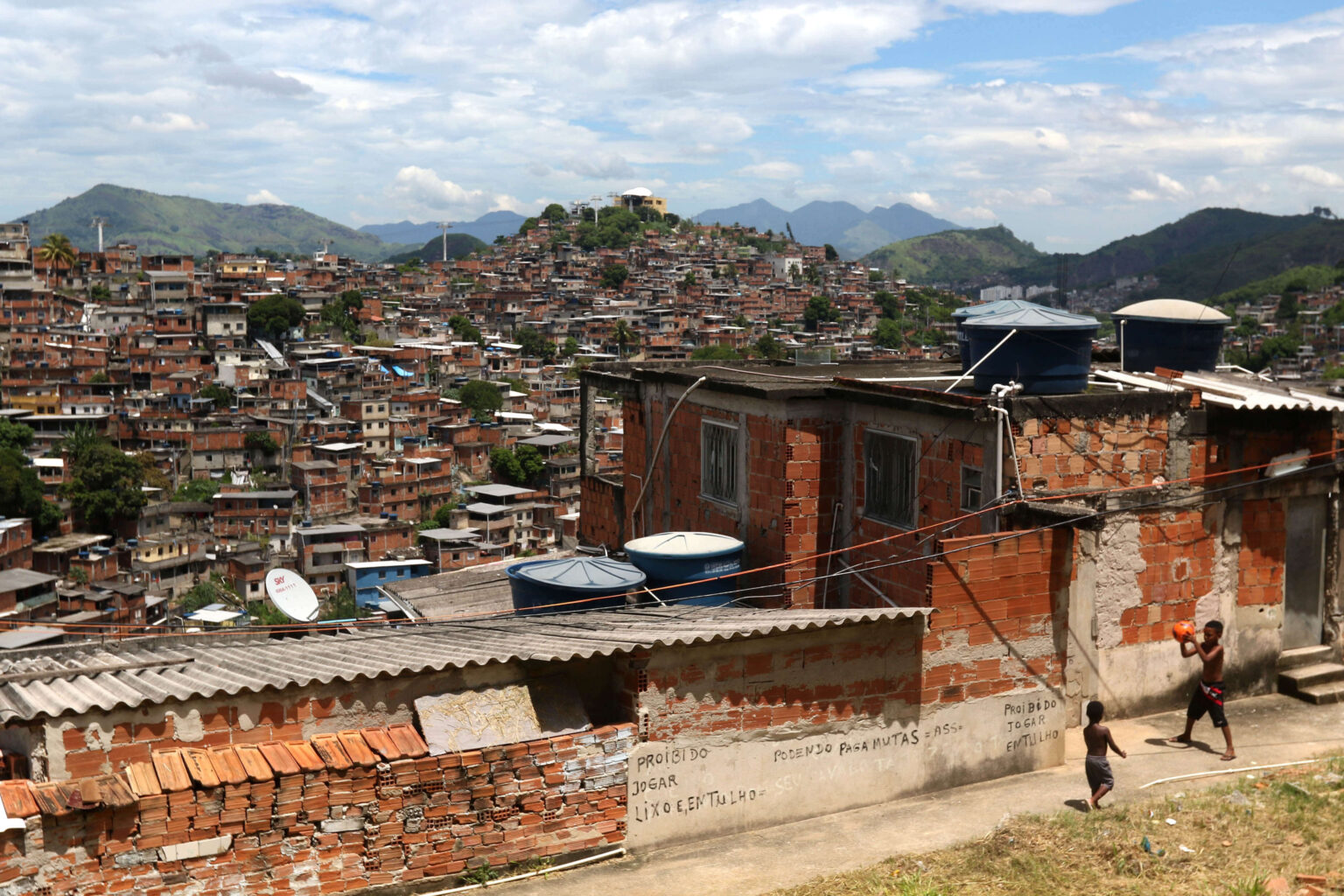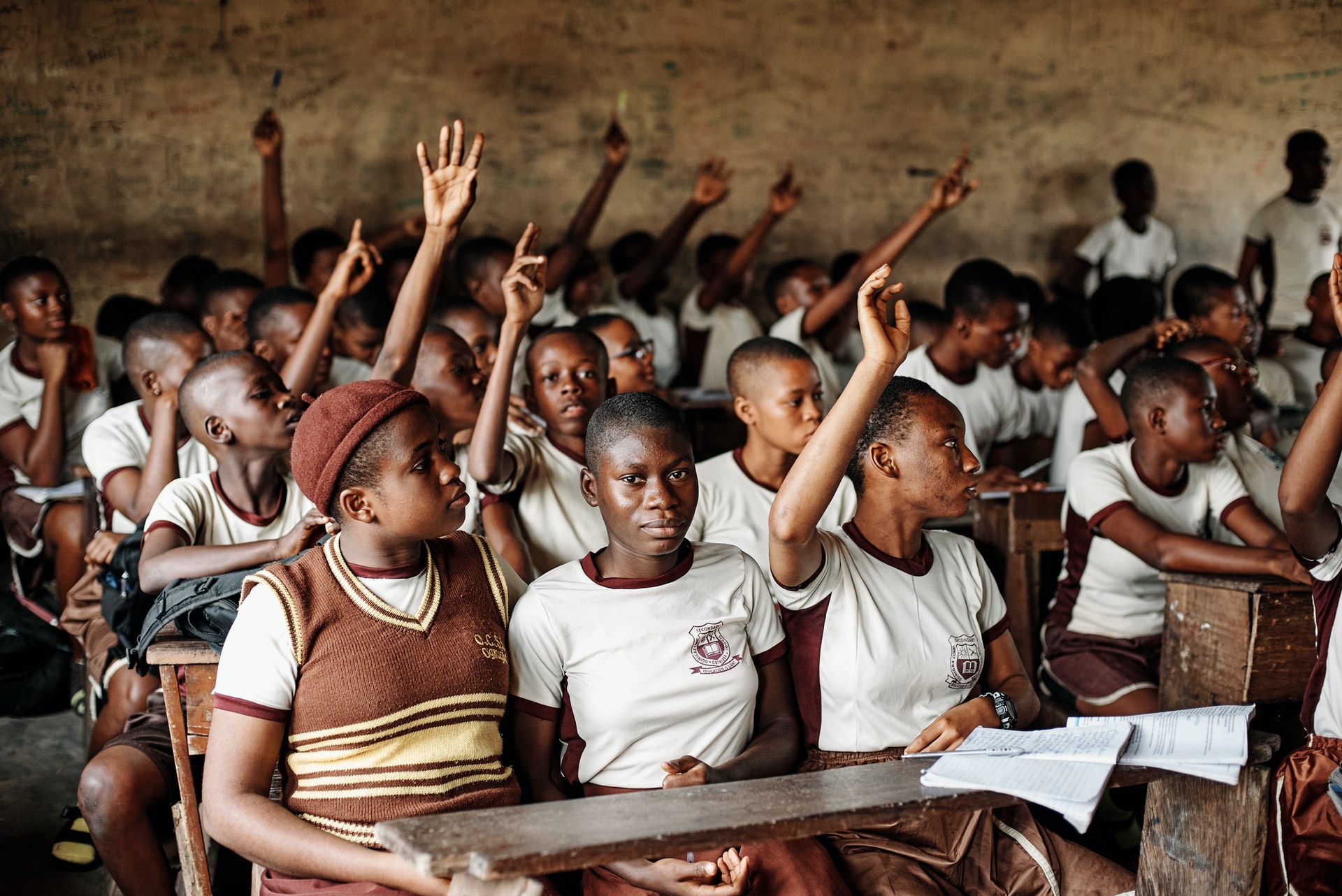Culture as a Determining Factor of Success: Can It Be Influenced?
It is common for people to question planning processes within organizations, particularly when forecasting future events such as revenue. After all, instances in which planned and executed outcomes align perfectly are rare. The true insight lies in the difference between the two—this so-called “gap analysis” is where the real learning occurs. The same principle applies when comparing nations, cultures, and collective choices. The cultural contrast between Brazil and Israel has fascinated me for decades, and I believe it invites deep reflection.
Let us begin by examining Brazil’s challenges as a nation: debt, corruption, over forty million people living in poverty, and low productivity levels. Brazil is the fifth-largest country in the world by landmass, with approximately 220 million inhabitants. It produces commodities such as food, minerals, and oil. The country is free from active volcanoes and earthquakes and is united by a single language: Portuguese.
Israel, by contrast, is one of the smallest countries in the world. It has only ten million inhabitants, much of its territory is desert, and it lacks abundant natural resources. Moreover, it lives under a constant existential threat, surrounded by seven hostile armies.
My Israeli friends are war heroes, willing to risk their lives for a simple idea: the Jewish people’s right to live in peace and security in their own state, in their ancestral homeland. They are entrepreneurs, striving to make the world a better place through various initiatives, always thinking in terms of “us.” They possess deep knowledge of geopolitics and economics and have traveled widely.
My Brazilian friends do not share most of these traits. They tend to show little interest in the world beyond their borders, often prioritizing more mundane topics such as sports. Generally, they are reluctant to volunteer—for instance, at a school with 1,400 parents, it is difficult to gather enough participants to form a board. They value stability and predictability, and courage is not among their most prominent virtues. While they complain about the country’s problems, they rarely take concrete action to change them. It is uncommon to see them attending demonstrations or political events.
This article is not scientific—I did not conduct a random sample of the two populations, nor did I follow the rigor of an empirical study. Naturally, there are exceptions in both countries. Among Brazil’s poorest communities, for example, there is often a stronger sense of collective problem-solving than in the middle class. Meanwhile, Israel’s ultra-Orthodox Haredim believe that their social contribution is limited to prayer. Yet, my impression is that Brazil’s middle class resembles a wild animal struggling for survival, whereas my Israeli friends act like hunters—proactive, sharp, agile, and focused.
The future is always uncertain, but the question remains: which country is more likely to succeed? If you had $100 to invest for twenty years, where would you expect the best return? In an economy dependent on commodities or in a country that is, effectively, a production line of leaders? In a culture that encourages courage or one marked by fear—fear of walking the streets, reliance on armored cars, security guards at apartment entrances, and school vans?
Which nation inspires greater hope? One that defends its borders by air, land, and sea, or one whose borders are compromised by trafficking and smuggling? One that prioritizes individualism or one that values the collective good? One that seeks to censor diversity of opinion or one where the number of opinions equals the size of its population?
Every country has its unique array of problems, and culture is often the key to solving them. Japan and Germany, for example, had an aggressive, conquest-driven culture prior to World War II. After the war, they made a 180-degree turn toward pacifism. Today, however, they face the need for a cultural shift that would allow them to rearm and protect themselves from powerful neighbors.
And what kind of culture do we need to address global issues? The proliferation of weapons of mass destruction, climate challenges, human trafficking, and employment in the age of AI, among many others.
As a global society, do we have the right culture for the challenges that demand our attention—beyond those still to come? Must wars be fought to create heroes, or crises endured for leaders to emerge? Is it possible to shape culture quickly enough to tackle the myriad problems faced by nations and by humanity as a whole?
For example, can poverty in Brazil be eradicated before AI makes entire segments of the workforce obsolete? Is it possible to modernize Brazilian culture so that a new generation of leaders can emerge—even if this goal conflicts with the interests of many politicians who prefer a submissive population?
Faced with a culture and a system that discourage the emergence and advancement of leaders, Brazil, despite all its wealth, is in a position of weakness. Its challenge is not to produce a single Churchill-like figure in green and yellow, as the “public machine” would crush them. What is needed is the emergence of dozens.



